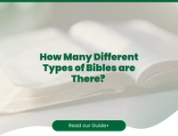Are faith and science natural enemies? Or, in the words of former UCL Professor of Genetics, R J Berry, is it true that, "Good theology and good science are essential complements, not simply uneasy sparring partners."
Here are four top scientists who say that, if we're going to get the big picture of what creation is all about, we need to read "God’s Book of Works" alongside "God's Book of Words"
John Lennox
The existence of mechanisms certainly doesn’t provide an argument — to my mind — for the absence of an agent who designed the mechanisms.” - John Lennox
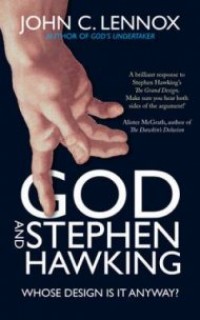
Well aware of the challenge his position offers to the extremes of the rational and religious spectrum, John is not only Professor of Mathematics at Oxford University but also a lecturer at Wycliffe Hall and at the Oxford Centre for Christian Apologetics.
Author of books including: "God's Undertaker: Has Science Buried God?", "God and Stephen Hawking: a response to The Grand Design" and "Gunning for God", John argues that “God is an agent who causes the universe to exist. Science explains mechanisms, and the existence of mechanisms certainly doesn’t provide an argument — to my mind — for the absence of an agent who designed the mechanisms.”
But for Lennox, there is no dichotomy between science and God. The two, he insists, can coexist without sacrificing the objectivity of the scientific method or forcing scientists to abandon their belief that water once turned into wine. The battle, he says, isn’t between religion and science; it’s between two interpretations of the same scientific evidence.
Robert James "Sam" Berry
Creation care is fundamental to our faith in God who is Redeemer and Sustainer as well as Creator.” - Robert J Berry
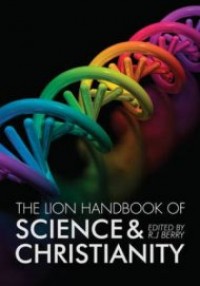
Formerly Professor of Genetics at University College London and past president of a string of eminent societies including the Linnaean Society, British Ecological Society, European Ecological Federation and Christians in Science, 'Sam' Berry is a persistent advocate for the role of the Christian faith in Science.
A recipient of the UK Templeton Award for 'progress toward research or discoveries about spiritual realities', much of R J Berry’s writings have become standard works of reference for science teachers and students. The Church of England’s Synod drew on his expertise in drafting their official reports on social responsibility, environmental stewardship and human fertilisation and embryology.
In discussing the role of Christians in the care of the environment, Berry emphasises that the word 'stewardship' has biblical origins. “Creation care,” he says, “is fundamental to our faith in God who is Redeemer and Sustainer as well as Creator.” R J Berry is the editor of the new Lion Handbook of Science and Christianity.
John Polkinghorne
In human experience, the world makes more sense with God than without." - John Polkinghorne
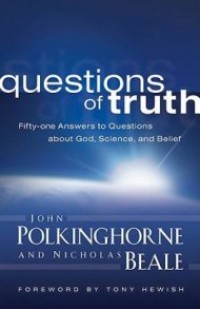
Templeton Prize winner and the very model a jovial Englishman, John Polkinghorne resigned as Professor of Mathematical Physics at Cambridge University to become an ordained Anglican priest. A leading member of the Society of Ordained Scientists, he describes his popularity as akin to that of “a vegetarian butcher.”
John acknowledges that, taken literally, the biblical story of Genesis contradicts modern cosmology and evolutionary biology. He adopts a position that he calls ‘critical realism’ insisting that science and religion address different aspects of the same reality.
On the existence of God, John doesn’t claim that God can be demonstrated logically. Rather, he says, "In human experience, the world makes more sense with God than without." Author of many books on science and religion, John summarises that "debating with Dawkins is hopeless. He doesn't give you an inch.” Instead, in his book Questions of Truth he pens his hope that Dawkins will be a bit less baffled once he reads it.
Russell Stannard
There are interpretations of the Bible which are completely consistent with modern science." - Russell Stannard
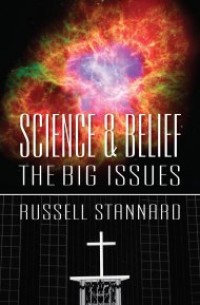
Now retired, the former Emeritus Professor of Physics at the Open University won the Templeton Prize for his contributions to the ‘greater understanding of science and religion’, and gained the OBE for his contributions to physics, The Open University, and the popularisation of science.
Tracing the origins of his faith back to reading the lesson as school captain at Archbishop Tenison’s, St Martin-in-the-Field, Stannard says that believing in God just makes good sense: “I can make more sense of my life in the context of believing in God, than having to account for my life if I assume there isn’t a God.”
Stannard finds science no obstacle to religious belief. Instead, he argues, science supports religion, but not in the sense that you’d look to science for proof of God. “There are interpretations of the Bible which are completely consistent with modern science,” he says. His new book, Science and Belief, simply and impartially presents all sides of the debate allowing readers to reach their own conclusions. - Les Ellison




